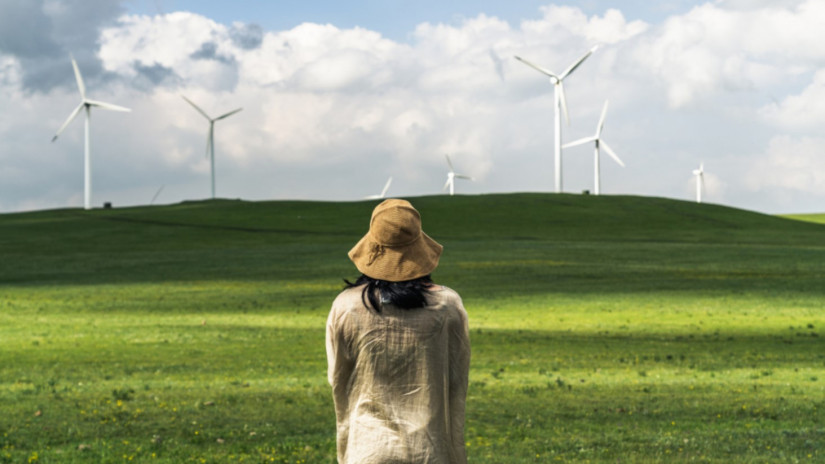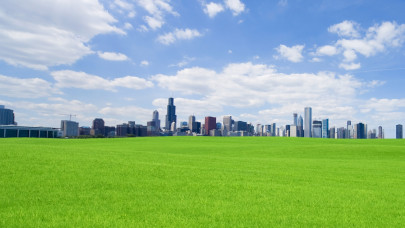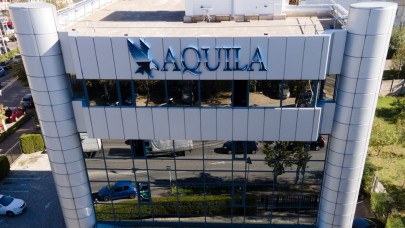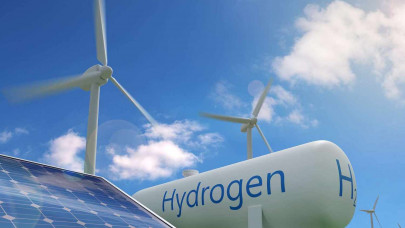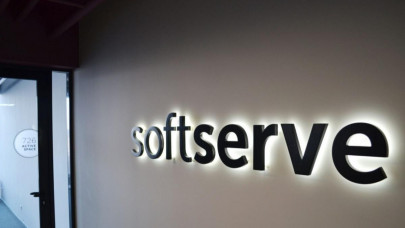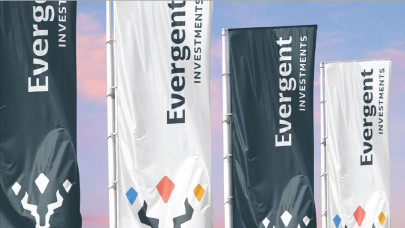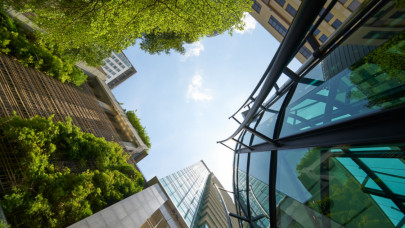Managing the way in which agricultural land is exploited will have the most important in reducing emissions from agriculture, the aim being that they remain constant. Thus, in the most optimistic scenario, from 2030 agricultural residues will no longer be burned in the field, and the emission factor of the FSN_N synthetic fertilizer will be reduced by 20% in 2050.
With positive effects on Romania's economy and food security, animal husbandry is a big problem from an environmental perspective. Animal husbandry activities generate very large amounts of greenhouse gas emissions. For example, enteric fermentation, the digestive process by which microorganisms break down carbohydrates in particular into simpler molecules, contributes significantly to methane emissions, and landfill also produces greenhouse gases.
As the solution cannot be to reduce the number of animals, the strategy foresees the introduction of appropriate diets for animals, so that the emission factor caused by enteric fermentation is reduced by 10% in 2030 and by 30% in 2050 compared to the value in 2020, in the Neutral Romania scenario. Also, at the level of the Strategic Plan 2023-2027, Romania is considering supporting investments in the livestock sector for the modernization of farms, namely investments in equipment, adaptation to standards, connections to utilities, equipment, and modern facilities, for adequate management of manure in regarding the storage and application of manure, sewage sludge and machinery used to reduce the GHG and ammonia footprint, as well as technologies that help support a low carbon economy.
At the same time, in order to reduce these emissions, the partial capture of methane emissions will be implemented (it is estimated that in 2050 approximately 260 kt CH4 will be recovered), and their use in biogas production.
By using methane emitted by manure in biogas production, 5% of the energy needs of the agricultural field will be covered and the level of emissions caused by manure management will decrease by 40% in 2050, according to the most optimistic scenario.
In all the scenarios considered by the Government, in 2050 no Romanian farmer will use diesel in agriculture. Conversely, the share of solar energy sources used in agriculture will increase to 15% in 2050.
According to the Neutral Romania scenario, which is also the one selected, Romania aims to become neutral from a climate point of view in 2050, reaching a reduction of net emissions by 99% compared to the level of 1990. The intermediate objective, to be achieved in 2030, is a 78% reduction in net emissions from 1990 levels.

